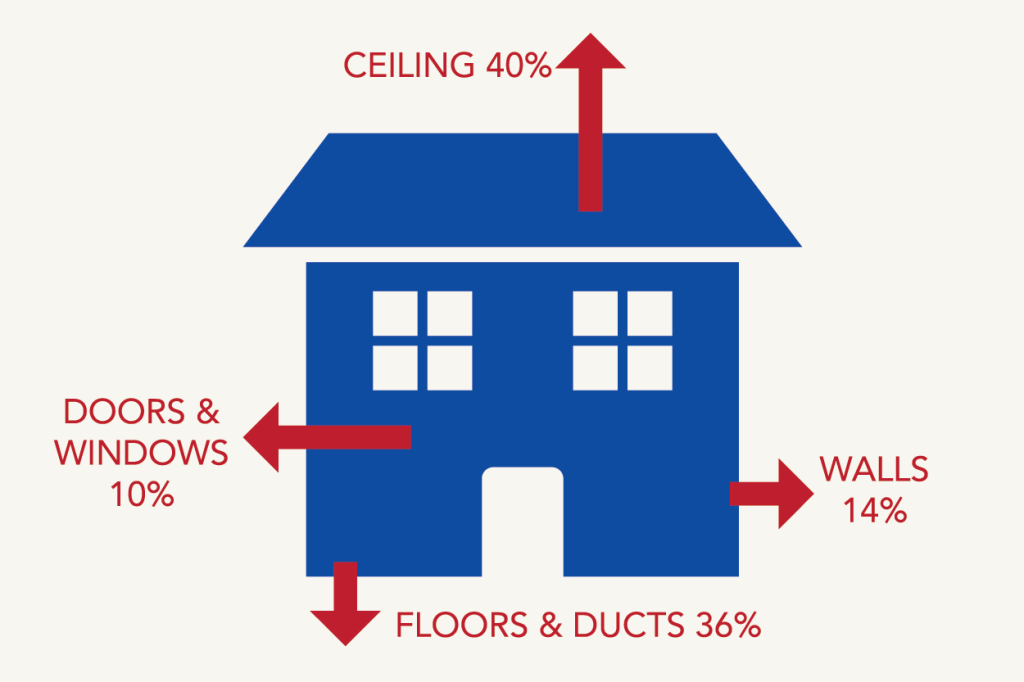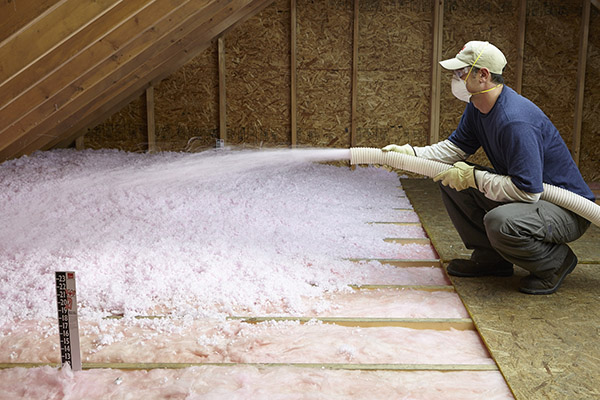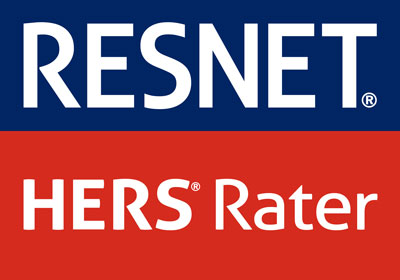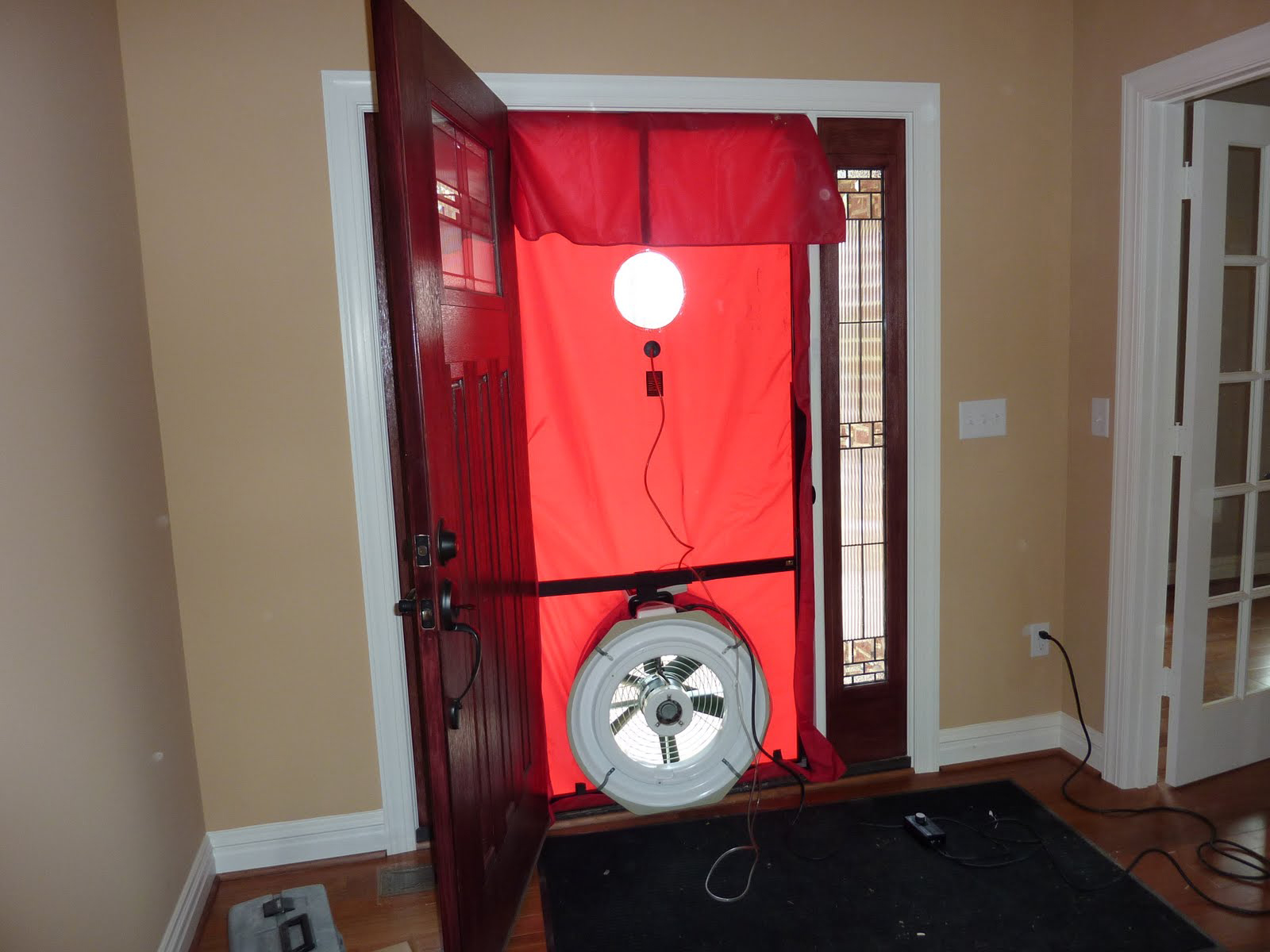Insulation Types & Materials
Energy Savers offers insulation products and services that come in a variety of forms and materials to meet a wide range of performance and budget goals. Each option brings its own level of durability, versatility, R-value and cost.
- Batt & Roll
- Blown-in Loose Fill
- Rigid Foam
- Spray Foam
- Radiant Barrier (warm climates)
- Fiberglass
- Cellulose
- Spray Foam
Air Sealing
Even the best construction will allow air to leak between joints and through seams. Naturally, this impacts the home’s energy efficiency. Researchers at Penn State University identified these key trouble spots for air leakage.*
Air Sealing can be an important investment in your home for the long term. Proper air sealing together with high R-value insulation in your building can mean lasting comfort, better energy efficiency and less stress on expensive HVAC systems. Plus lower utility bills!


SCHEDULE A CONSULTATION!
Call us today at 502-817-8400 or fill out the form for a free estimate and learn how we can help you save energy.
Thanks to more than 13 years in the insulation business, Energy Savers is well versed on the best types of insulation and air sealing applications to solve a variety of home comfort or energy loss issues and can recommend the best solution for your project.
If you still have questions, we have answers! Visit our Insulation FAQ page for even more insulation information or call us today at (502) 817-8400 to schedule a no-obligation consultation!
Home Energy Auditing
An energy audit is an in-depth assessment of your building envelope conducted by a certified energy rater. According to RESNET, the authority on home energy auditing, home energy audits have three main objectives:
- Figuring out where and how energy is being lost
- Locating inefficient operating systems
- Determining cost-effective ways to enhance home efficiency and comfort
Our local utility companies in the area LG&E and Duke Energy provide auditing services to homeowners. You can find more information by clicking the links below:
Louisville Gas & Electric
Duke Energy
Knowing the energy trouble spots of an existing structure or the potential energy issues of a new structure allows for comprehensive solutions to be designed and implemented for increased efficiency. Energy Savers is highly trained and very knowledgeable in identifying and correcting insulation and air sealing deficiencies.
Your House as a System
Though insulation is one of the most essential and cost-effective ways to create overall efficiency, there are many factors to take into consideration that also affect your home’s energy efficiency and performance. Insulation and air sealing combined with energy-efficient appliances, windows, doors, lighting and HVAC equipment build a whole-house efficiency system that will prove beneficial throughout the year and for years to come.
*[1] Estimate developed by the North American Insulation Manufacturers Association (NAIMA) based on a forthcoming analysis of the single-family detached residential building stock by Boston University.
[2] “under-insulated” here means when compared to the minimum prescriptive wall and ceiling insulation R-values found in the 2012 International Energy Conservation Code (IECC).


